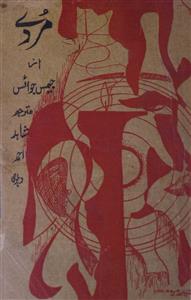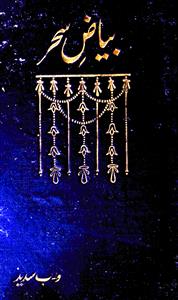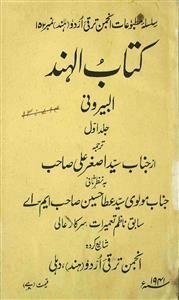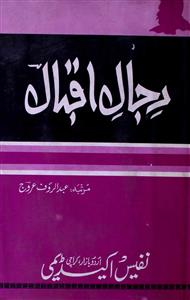 For any query/comment related to this ebook, please contact us at haidar.ali@rekhta.org
For any query/comment related to this ebook, please contact us at haidar.ali@rekhta.org
About The Author
ames Joyce was not only a novelist, short story writer, and poet but also a literary critic. He played a central role in the "modernism" movement in Western literature. James Joyce passed away on January 13, 1941. Born in 1882 in a wealthy family in Dublin, Ireland, he was an intelligent student but couldn't complete his doctorate studies in France. His childhood and early youth were spent in comfort and prosperity, but later, life turned difficult for him. Multiple marriages, his daughter's illness, and other personal problems caused him mental distress and suffering. However, during this challenging time, he achieved fame and recognition as a novelist.
James Joyce became known as the most popular Irish writer, and his works were translated into major languages worldwide.
His first book, Dubliners, was a collection of short stories. This was followed by three novels: A Portrait of the Artist as a Young Man, Finnegans Wake, and Ulysses. The publication of Ulysses greatly enhanced his reputation.
In poetry, James Joyce left behind four remarkable collections. His first collection of poems was published in 1907, while Ulysses was published in Paris in 1922. The novel's title was inspired by a character from Homer’s epic Odyssey. After its publication, Ulysses faced numerous accusations. It was banned in the United States and Britain, where the publication of Joyce’s work remained prohibited until 1936. The novel contained not only depictions of sexual relations, profanities, and provocative content but also some grotesque and intimate scenes related to toilets and private life.
Interestingly, while Joyce faced criticism from society and the literary world, Switzerland's renowned psychologist Carl Gustav Jung wrote him an encouraging and praiseful letter, which became quite famous.
 For any query/comment related to this ebook, please contact us at haidar.ali@rekhta.org
For any query/comment related to this ebook, please contact us at haidar.ali@rekhta.org











